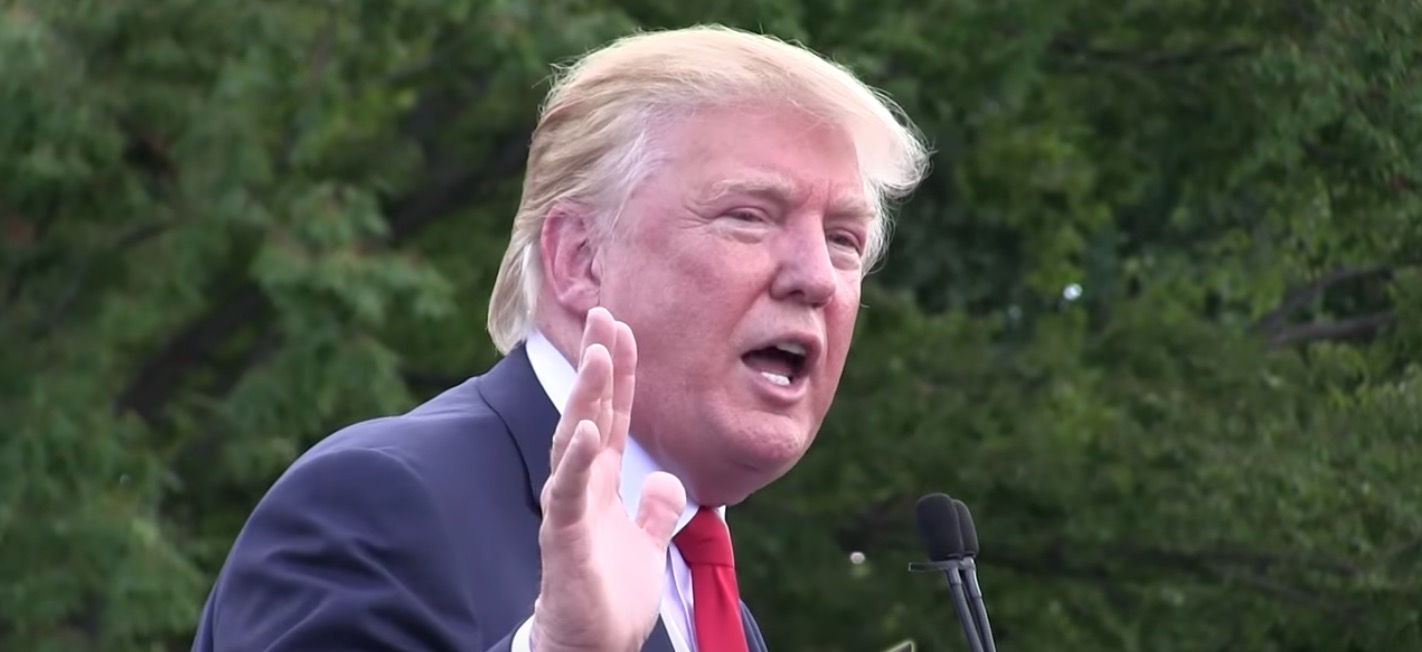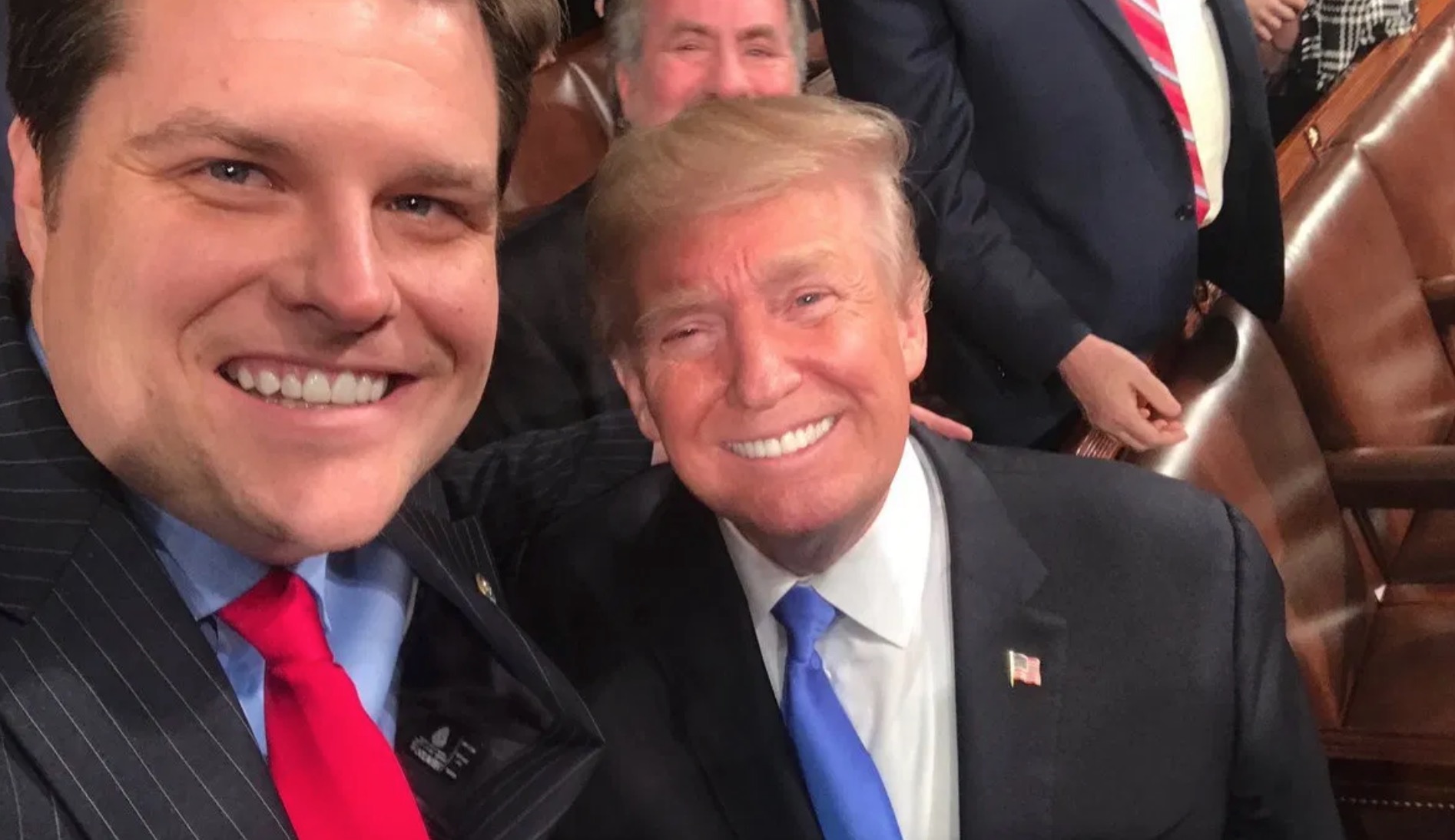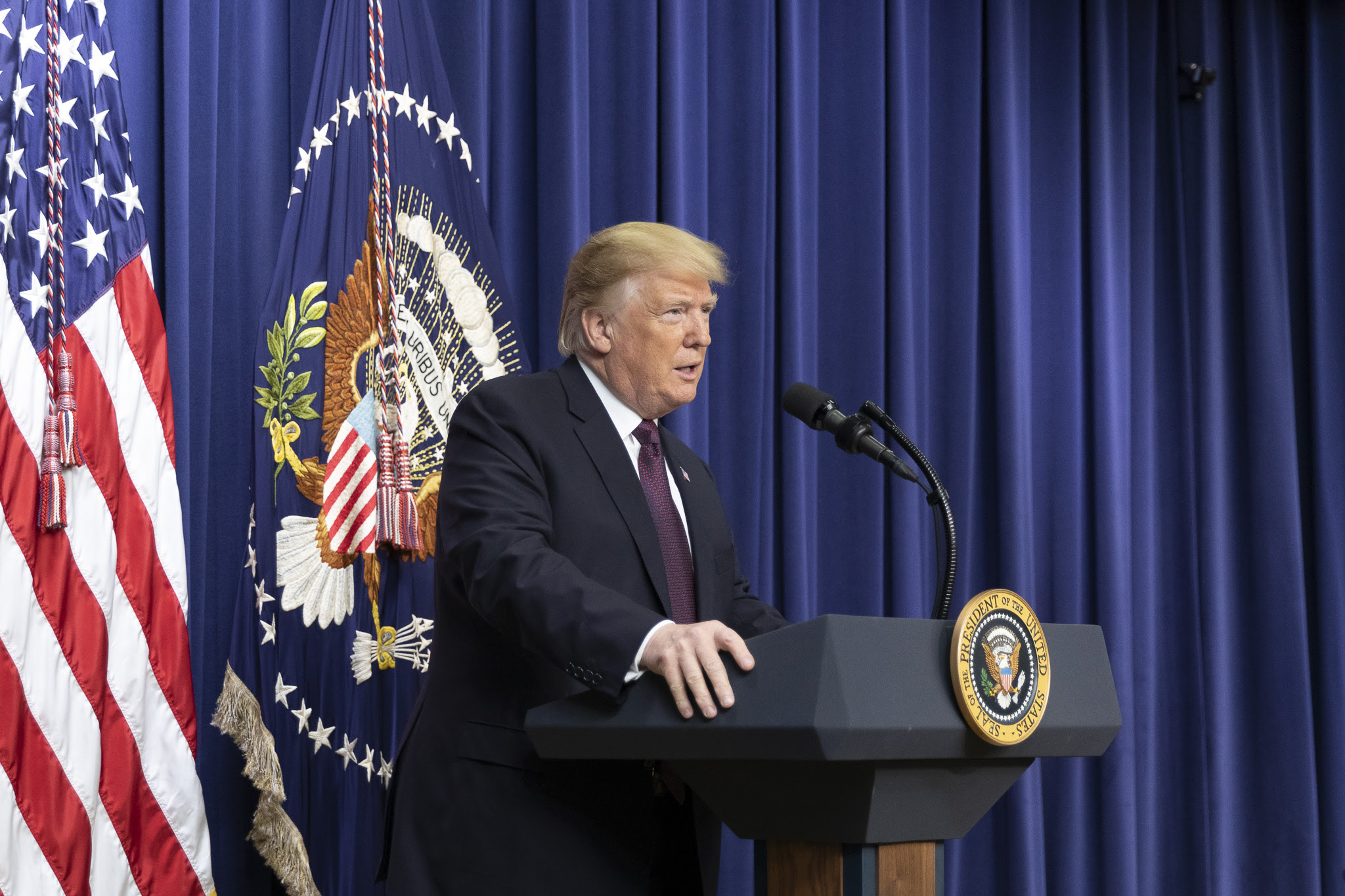Javier Manjarres
Javier Manjarres is a nationally renowned award-winning political journalist. Diverse New Media, Corp. publishes Floridianpress.com, Hispolitica.com, shark-tank.com, and Texaspolitics.com He enjoys traveling, playing soccer, mixed martial arts, weight-lifting, swimming, and biking. He ran as a Republican in the 2018 congressional primary race in Florida's CD 22. Javier is also a political consultant, and has also authored "BROWN PEOPLE," which is a book about Hispanic Politics. Learn more at www.brownpeople.org Email him at Diversenewmedia@gmail.com
Right Report
Floridian Press
Sign up for email updates
Become an insider: Subscribe to our free newsletter.Latest Articles

Smear campaign underway against DeSantis...

Copy of Online gaming company has busine...
Air Force veteran Anna Luna runs Charlie...

Majority of Floridians oppose impeachmen...

Matt Gaetz files ethics complaint agains...

Who will face President Donald Trump in ...

Florida Lawmakers Want Accessible Liquef...

President Trump pens $100K check to Home...

Tomato Suspension Agreement Withdrawal P...

Patronis Questions DNA Testing Companies...









Marco Rubio Walking the Amnesty Tightrope?
By Javier Manjarres
At the very beginning of his speech, Rubio was heckeled by pro-Dream Act activists, who were there in protest of the Senators hard-line views on immigration, making the case for his continued anti-amnesty position.
During the course of his remarks, Rubio stated that there is “broad bi-partisan support for a notion that we should somehow figure a way to accommadate them (Dream Act Kids).”(VIDEO)
Do you think the 2nd Amendment will be destroyed by the Biden Administration?(2)
While Rubio has come out in opposition to the Dream Act, Rubio has always questioned what is to happen to the children who were brought here to this country illegally by their parents.
Rubio campaigned on a pro-legal immigration platform and thus far he has been staunchly against any form of amnesty for illegal immigrants, but he has hit a couple of bumps along that road that give immigration hawks cause for concern.
During his 2010 Senatorial campaign, Rubio was slammed by pro-illegal immigration contingency when he made this controversial statement critiquing the Arizona Immigration law:Rubio’s Senate campaign took heavy criticism for this statement and immediately went into damage control mode to try to mitigate the fallout. Rubio immediately back-peddled and the damage was limited.
But earlier in his political career when he was Speaker of the Florida House, Rubio was labeled as being “pro-amnesty” for illegals when he blocked the passage of six immigration reform bills that were to be heard in committee. Rubio stated that these bills did not make it out of committee, and he noted that a similar bill introduced in 2009 also never made it out of committee.
Congressman David Rivera (R-FL), one of Rubio’s closest friends from his days in the Florida Legislature has introduced the Adjusted Residency for Military Service Act — the ARMS Act. It’s a variation on the DREAM Act, which would grant legal status to some children of undocumented immigrants who came to the U.S. illegally.-Miami Herald
There is now talk that Rubio may co-sponsor the measure in the Senate, a move that will undoubtedly set off a backlash from Tea Party and other grassroots groups against the Senator.
Marco Rubio supports the military component of the Dream Act, but the problem for Rubio is that this measure is another form of amnesty and it would wholly discredit him as being against any form of amnesty for illegal immigrants. Rubio believes that citizenship is only granted to those illegals who get discharged from the Armed Forces with an Honorable Discharge, but both Rivera and Rubio are completely disconnected with the unintended consequences that will fall upon the country if this measure is adopted.
Let’s raise a couple obvious, and not so obvious questions about the this Military-only Dream Act.
First of all, how is this going to be paid for? If you have 100,000 illegal immigrants that attempt to enlist in the armed forces, where will they serve, especially in light of the drastic military cuts that President Obama has proposed?
Of those 100,000 illegals that enlist, how many will wash out of their respected Basic Training programs? As of 2006, the wash-out rate for enlistees in the military is as follows:What do we do with those 13.6% of Army wash-outs, or 14% of the Navy’s wash-outs? Do we offer them a consolation prize for not being able to serve the opportunity to gain U.S. Citizenship?
Aside from the high wash-out rate and the shrinking military, what about those illegal immigrant soldiers that receive a ‘General’ discharge, as opposed to an Honorable Discharge?
Another question to consider is the following- how long does an illegal immigrant have to serve before he or she is ‘Honorably Discharged’ and receives their citizenship- is it 2 years, 4 years, 6 years, or more? And what if the soldier decides to make the military a career, what then? Do ‘what if’?’ provisions need to be added to the agreement regarding extended military service?Another question- once these illegal immigrants become citizens by virtue of their military service, will they be allowed to immediately request the rest of their families?
Senator Rubio, Congressman Rivera, and others who support this military amnesty measure seem to be completely blinded by the rantings and pressures coming from the pro-amnesty lobby, and their support of this measure could very well help open an ominous “Pandora’s Box” of future amnesty measures.